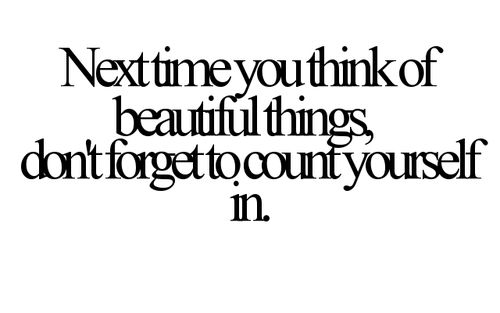Body Image And Body Shaming
May 22, 2019 • 474 views
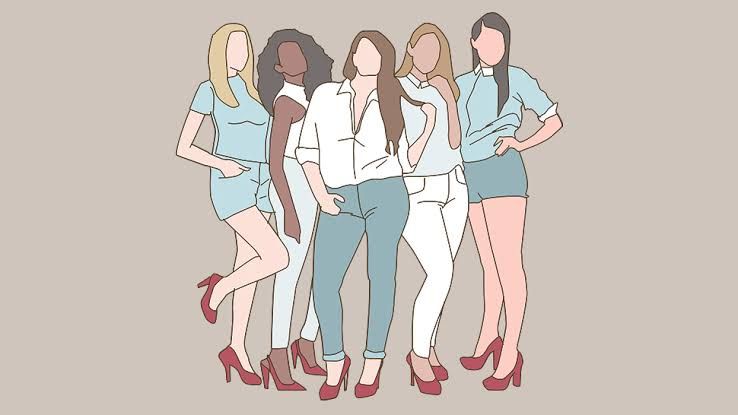
‘I am too fat’, ‘I am too thin’, ‘My nose doesn’t look good’, ‘I have flat breasts’, ‘I have a terrible double chin’. How many times in a day have we used many more self-deprecating statements like these?
How many times have we heard people bashing us or others using phrases like ‘She’s too dark’, ‘ He doesn’t have a muscular body’,’ He’s too short for a guy’, She’s too fat to wear those clothes’.
How many times have we passed the same comments on others?
Body image and Body Shaming
Body image is how we perceive and feel about our own physical appearance.
It can be both positive and negative.
Body shaming is criticizing or mocking others for their body shape or size.
While body shaming and negative body image have been witnessed by almost all of us, it can sometimes lead to serious trouble.
Unfortunately women suffer from body shaming and negative body image more than men.
In research on Body image and perceived health in adolescence (2007), it was found that Body dissatisfaction (Negative body image) is associated with an increased risk of perceived negative health.
Fat shaming involves criticizing overweight people about their weight or eating habits to make them feel bad about themselves.
The belief is that this may motivate people to eat less,exercise more, and lose weight. This is generally a technique followed by parents.But in a study by Health line it was found that instead of motivating people, fat shaming makes them feel terrible about them, causing them to eat more and gain more weight.

A study on Associations between Perceived Weight Discrimination and the Prevalence of Psychiatric Disorders in the General Population (2012) found that those who had experienced weight discrimination were 2.7 times more likely to become depressed.
While we talk about fat Shaming, Skinny shaming is no exception.
In a study on Young Women’s Perceptions and Experiences of Skinny and Fat Shaming (2014), it was found that Skinny shaming is more frequent than fat shaming. Those who are shamed for looking skinny feel bad as those who are fat shamed and sometimes they have a perceived feeling of having poor health due to the societal belief that skinny people are generally weak in health.
Now that we’ve seen about how body shaming and negative body image affects an individual, let us go deeper into even more serious problems.
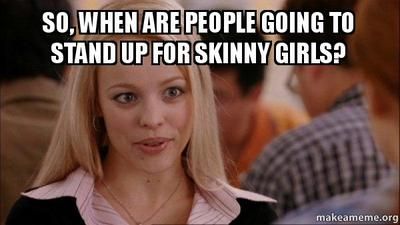
Eating Disorders
There are few eating disorders I would like to mention
Anorexia Nervosa is an intense fear of gaining weight or becoming fat, combined with behaviours like eating very little or equal to nothing sometimes exercise compulsively, purge via vomiting and laxatives. Even though they look very thin they deny the fact and perceive themselves to be fat.
Bulimia Nervosa is characterized by uncontrollable binge eating and later to prevent weight gain indulging in inappropriate behaviour like exercising excessively or self-induced vomiting.
Binge Eating Disorder is consuming abnormal amounts of food while feeling unable to stop and a loss of control. It includes eating a very large amount of food once every 2 hours even in the absence of hunger.
These disorders are treated by proper therapy like CBT with professional help.
Although these disorders have a substantial biological cause for their development, Sociocultural or societal pressures and psychological factors also play a major role.
What do we do about it?
In a study on the relationship between body image and social media usage in adolescents (2018), it was found that Girls had greater negative body image than boys and as the usage of social media increases negative body image increases as well.
Now let us break this down. Shall we?
As a society, there's a lot of pressure on women to look a certain way.
FAIR SKIN. THIN BODY. BIG BOOBS. SMALL HIPS. LONG HAIR. BIG EYES. PINK LIPS.
First of all, are women dolls or statues to set measurements and demands on the way they should look?
Second of all why should anyone ask them to look a certain way?
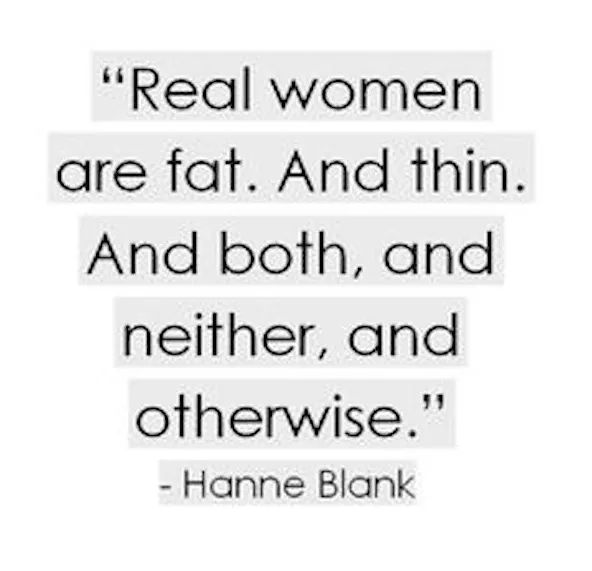
People who body shame others often do it as their own incompetency with themselves because by doing so they feel at the top of the game by putting others down. If we are too busy putting others down when will we concentrate on dealing with our own issues?
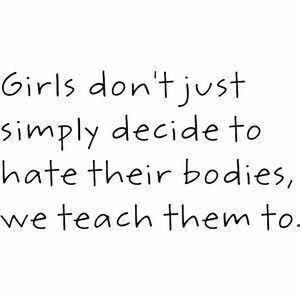
Body shaming is not subject to women alone.
Men are body shamed a lot of times for not being tall or muscular enough.
Why do we want them to be tall? Is it because we can reduce the cost of buying a ladder in our house?
Why should they be muscular? Are we raising a hulk?
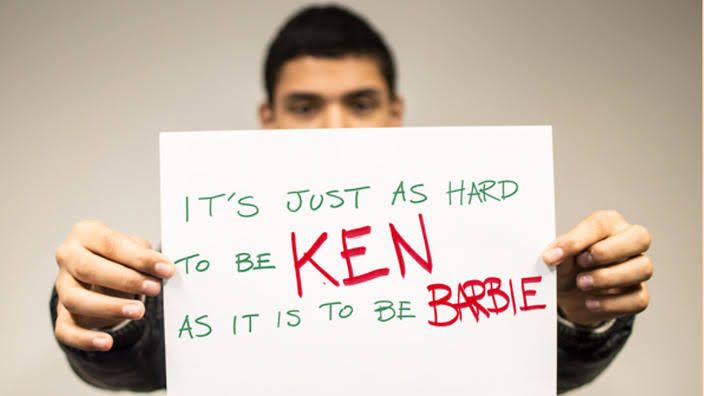
Social Media has a lot of boon but also comes with a bane. Girls are generally higher in social media usage. Most of the teenage girls are intimated by what they see. Not all that we see on social media are true. They are filtered and photoshopped to look fairer and thinner. While most of the adults have insight into this. Adolescents are very fragile and sometimes lack the knowledge and develop negative body image due to this.
Un-follow anything or anyone that doesn’t seem real.
But there’s nothing wrong in being the good version of you by being influenced by people that are open about their experience towards healthy living.
While it is all easy to talk pages and pages about not to body shame. A lot of times we do it unknowingly but why can't we make an effort towards avoiding it and actually motivate others and help them be the best version of themselves.
After all A Candle Losses Nothing by Lighting Another.
Body shaming set aside. Body shaming can only affect us if we develop a negative body image.
Negative body image is almost as a result of societal pressure put on us.
It is fine to crave to be the best version of ourselves but the best can be achieved if only we accept ourselves for the way we are.
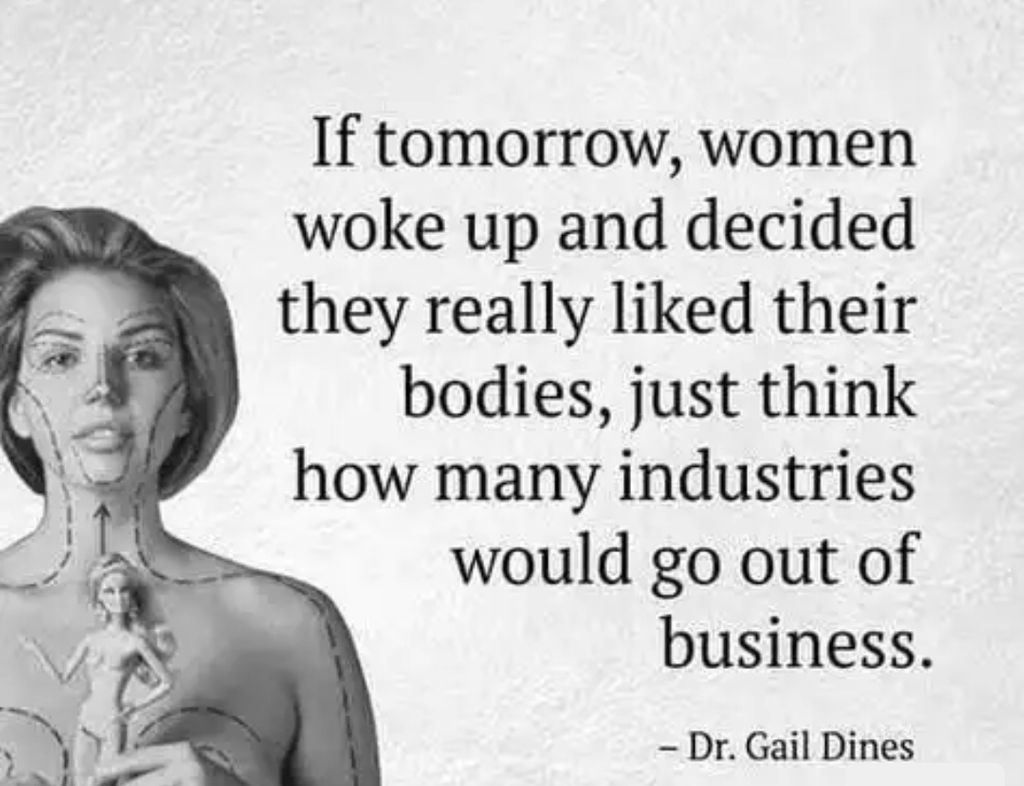
I would like to combine this with a theory by psychologist Carl Rogers on The real self and the ideal self.
The real self is how we actually are. It is the way we think, behave and look currently. The ideal self is how we aspire ourselves to be. It is an idealized image of how we want to be. The lesser the difference between the real self and ideal self the more a man is at peace. The more the discrepancies between the real self and ideal self the more a man feels distressed.The more we accept our real self, they more competent we will be in order to achieve our goal of an ideal self.
It is a known fact that the development of self-esteem plays a major role in our early years of life. So can we concentrate on raising kids with good self-esteem? Tell them they are beautiful. Teach them to look into the mirror and tell themselves that they are beautiful, kind and strong.
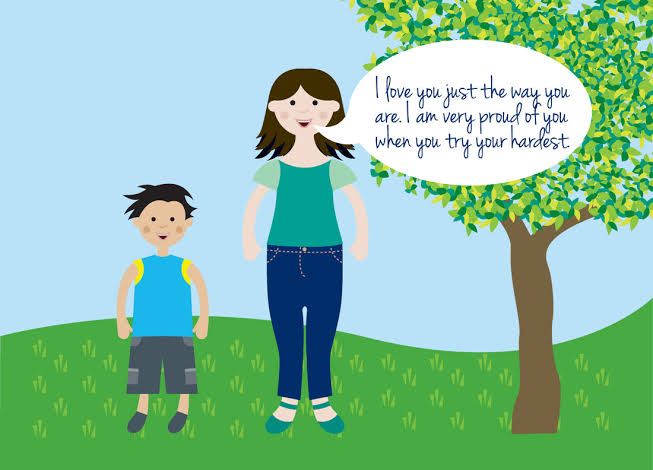
Let us raise our kids to never suffer from negative body image but to hold their heads up high with positivity for themselves and for others around them
May we wake up and decide to love our bodies for once. IF we do it just once, there will be no going back and we will move on to be a beautiful version of ourselves.
Can we embrace our imperfections?
